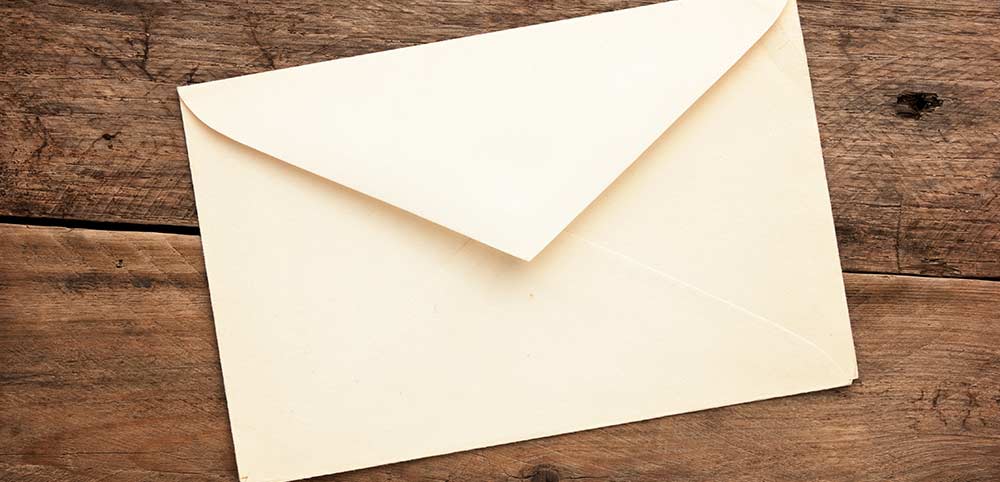|
November 4 2019 PRIVATE AND IN CONFIDENCE To the Chief Executive, OfCom, Dear Ms White, I am writing to you as a reluctant whistle-blower to ask for a thorough investigation into BBC News and Current Affairs in regard to, firstly, a number of films relating to the far-right, Russia and Brexit that were not broadcast, secondly, films that were broadcast but were improperly compromised and, thirdly, a number of senior journalists who have been allowed to compromise BBC editorial values by taking financial inducements or benefits in kind. At the outset I should say that I have been informed, entertained and educated by the BBC my whole life. I worked for the BBC for 17 years and left last month and I feel grateful to many of my extraordinary colleagues who do great work for the public good. I pay the license fee and passionately believe in the BBC’s mission. It is exactly because of that belief that I feel compelled to share what I know from the inside of BBC News and Current Affairs. BBC management, led by Director-General Tony Hall, has become so risk-averse in the face of threats from the far-right and the Russian state and its proxies that due impartiality is being undermined and investigative journalism is being endangered. Films have been not broadcast or enfeebled. Senior journalists have taken money or benefits in kind from Big Tobacco, a dodgy passport-selling company, and proxies for the Russian state. My concerns centre on the following programmes or films:
Please note that roughly in the same time frame BBC News – not Current Affairs - did broadcast investigations into Cliff Richards and Lord Bramall and Lord Brittan on the basis of a fantasist. Both investigations should never have been broadcast. The BBC did broadcast films I made that were weakened by management. They include:
On all the films above I worked on, I sought to complain to BBC management about failures to broadcast or weakening of editorial stance. Most did not seriously engage with my complaints. One senior manager did not reply to four emails I sent asking for a meeting so we never spoke. To be fair, BBC management have an extraordinary difficult task. Brexit has split the country and maintaining fairness and due impartiality under ferocious pressure, accelerated by social media, is exhausting. The problem is this exhaustion has led to corporate risk aversion and this is destroying investigative journalism at the BBC. Separately, I fear that BBC values have been undermined by the following senior editors and presenters. Jon Sopel, BBC North America, doing a paid corporate gig for US tobacco giant Philip Morris this year. Justin Webb, Today programme presenter, doing a paid corporate gig for Henley & Partners on two separate occasions. Sarah Sands, editor of the Today programme and Amol Rajan, BBC Media Editor, receiving benefits in kind from their former employer, Russian oligarch Evgeny Lebedev. They attended parties thrown by Lebedev in his Italian palazzo. A third guest was Boris Johnson, now prime minister. It seems impossible for any reporter on the Today programme to fully investigate widely reported stories that as Foreign Secretary Mr Johnson was seen as a “security risk” because of his attendance at Mr Lebedev’s parties if their editor was also a beneficiary of Mr Lebedev’s generosity. Amol Rajan as BBC Media Editor has reported on Mr Lebedev’s business affairs and he too has been a beneficiary of the oligarch’s generosity. None of this non-BBC work or benefits are for the public good. It is a characteristic of someone in my position to overstate the significance of their complaints. I do not want to do this. The vast majority of the BBC’s output is excellent. But the sorry history of investigations not broadcast I report above demonstrates a general pattern of risk aversion and fearfulness. This is a common complaint of BBC journalists. My particular concern is the ability of the Russian state and its proxies to cramp the BBC’s journalism when it investigates what the Kremlin & Co are up to. You cannot make a series of Panoramas on Vladimir Putin and Donald Trump without seeing the evidence of the Russian state and its proxies interfering with democratic politics around the world. That interference includes the United Kingdom. I note that Number Ten has indicated that blocked the publication of the Commons select committee on Russian interference today. Beyond these points there is a wider issue of the effective non-regulation of social media. The experience of being attacked by Tommy Robinson’s supporters – they behave like a cult – whilst the BBC did not broadcast our Panorama on him was maddening for me, literally so. A freelance colleague made a radio programme about one of his supporters. The stress of being a victim of the far-right online hate machine caused my colleague, who was heavily pregnant at the time, to have a panic attack so intense she mistakenly feared it was a miscarriage. Happily, mother and baby are fine. My observation as a front-line investigative journalist is that public interest broadcasting is over-regulated and social media hardly at all. Social media must be brought within the rule of law or our democracy will be poisoned. I have evidence to back up every point I make in this letter and practical suggestions to reform and develop the OfCom code if you decide to take the matters raised here further. Please let me know what your response is. I am separately writing to the chair of the House of Commons select committees on the media and copying in the chairs of the intelligence and foreign affairs committees. Yours sincerely, John Sweeney
Comments
All Categories
All Tags
Follow Us
|

 John Sweeney
John Sweeney
